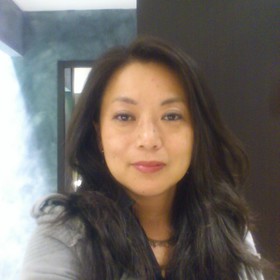Cultural Olympiad has started!
It was October 10th last year when the "Tokyo Caravan" led by Hideki Noda, a theater director, was held in Komazawa Olympic Park as a leading project for 2020 by the Tokyo Metropolitan Government. About one year later, on October 7th, 2016, the "Tokyo 2020 Cultural Olympiad" kickoff event took place at Fukutoku Garden in Nihonbashi, the base of popular culture in Edo. This is an official program co-hosted by the Tokyo Organising Committee of the Olympic and Paralympic Games (hereinafter, "the Organising Committee"), Mitsui Fudosan Co., Ltd, the Tokyo Metropolitan Government, and the Tokyo Metropolitan Foundation for History and Culture (hereinafter, "the Foundation"). According to the Organising Committee, the aim of the Tokyo 2020 Cultural Olympiad is to "enrich the culture of every region of Japan, encouraging the youth of the nation to participate in the various programs in the build-up toward the Tokyo 2020 Games, and to pass on the culture of Japan and the world to the future ahead of 2020 by promoting their participation and inspiring their creativity."
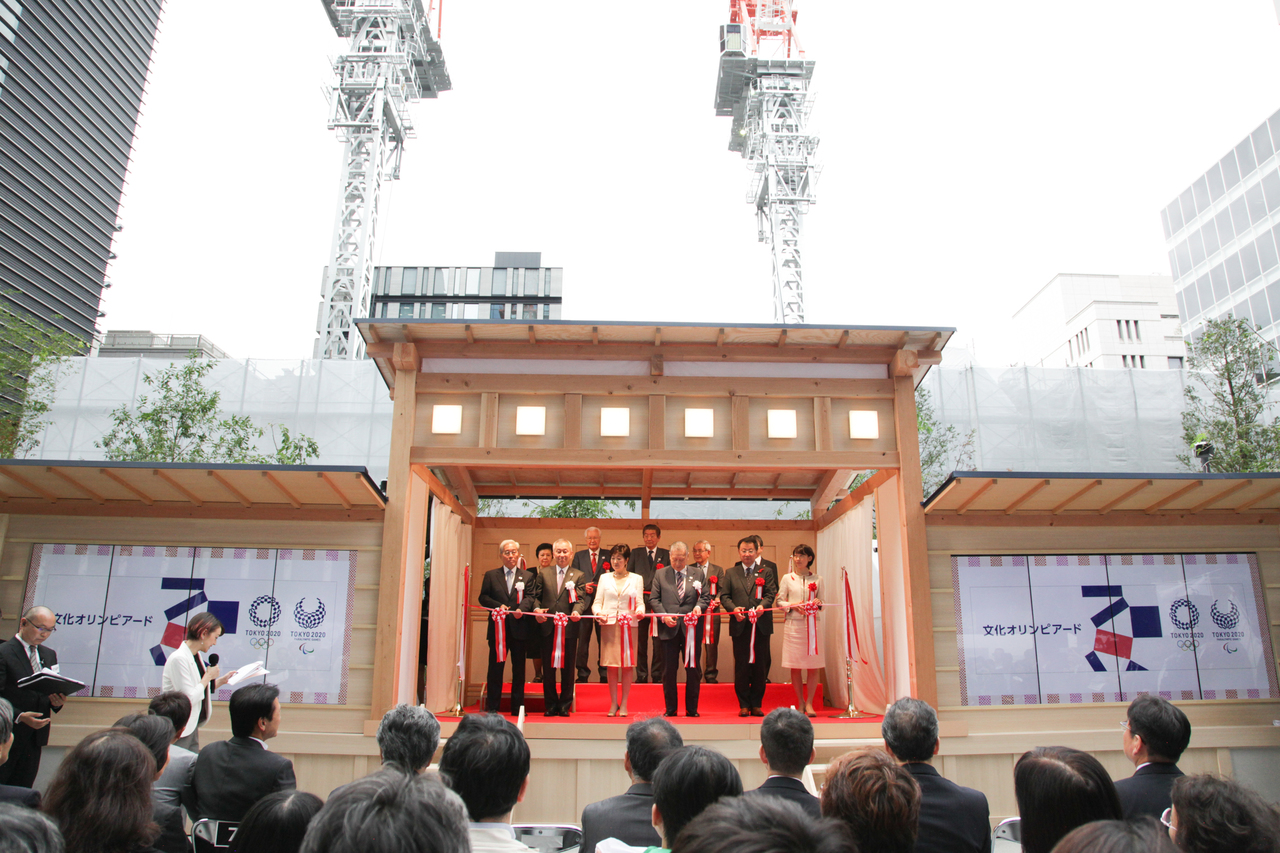
Prior to this kickoff event, the Organising Committee had started the Tokyo 2020 Authorisation Programme for the projects that were going to be held from October. For example, Makoto Ozone & Gonzalo Rubalcaba's "Jazz meets Classic" with the Tokyo Metropolitan Symphony Orchestra (on October 1st, at Tokyo Bunka Kaikan) was one such Authorisation Programme from the Tokyo Metropolitan Government. As of the end of September, there were almost 20 projects in the "Culture" category from all over Japan that had been authorized as Authorisation Programmes of the Organising Committee, and the "Olympic and Paralympic Cultural Programme", which was talked about ever since the London Games, has now started as a reality. Going forwards, the Tokyo 2020 Authorisation Programmes, which are authorized by the Organising Committee, will be expanded to cover the whole of Japan in various ways.
In August, the Tokyo Metropolitan Government's leading projects were taken over to the projects in Rio during the Rio 2016 Olympics and Paralympics. The "Tokyo Caravan" collaborated with Brazilian artists with the concept that new expression and possibility are created through the cultural "inter-mixture" brought about by encounters between diverse artists. Also the "TURN" project by Katsuhiko Hibino, an art project that brings people with different backgrounds and customs together, generating a variety of uniquely individual encounters and artistic expression, and "TOHOKU & TOKYO in RIO", which transmitted the culture of Tokyo and also showed the reconstruction of the Tohoku area (which was affected by the Great East Japan Earthquake) and their appreciation to the world through the traditional folk performance of both Tokyo and Tohoku.
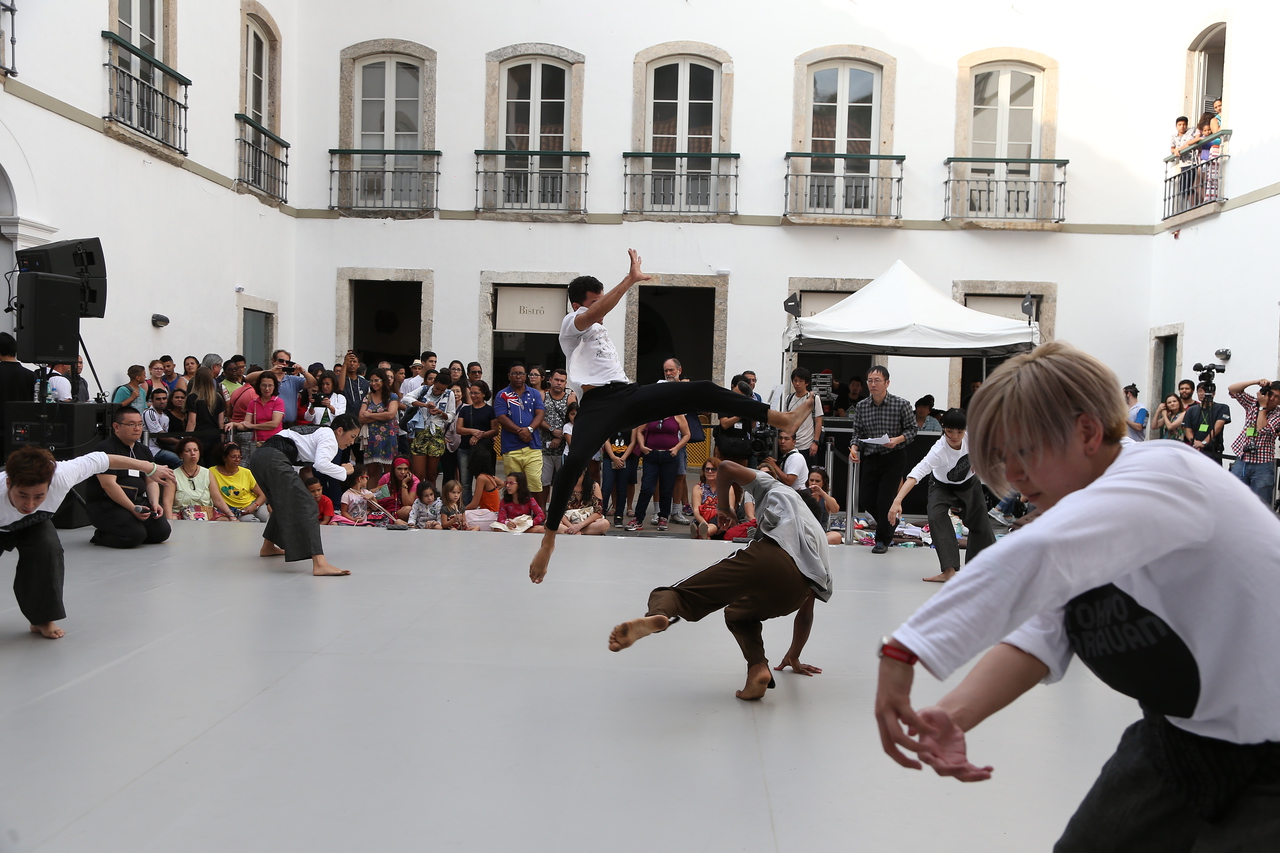
Picture provided by: Tokyo Metropolitan Government, Arts Council Tokyo
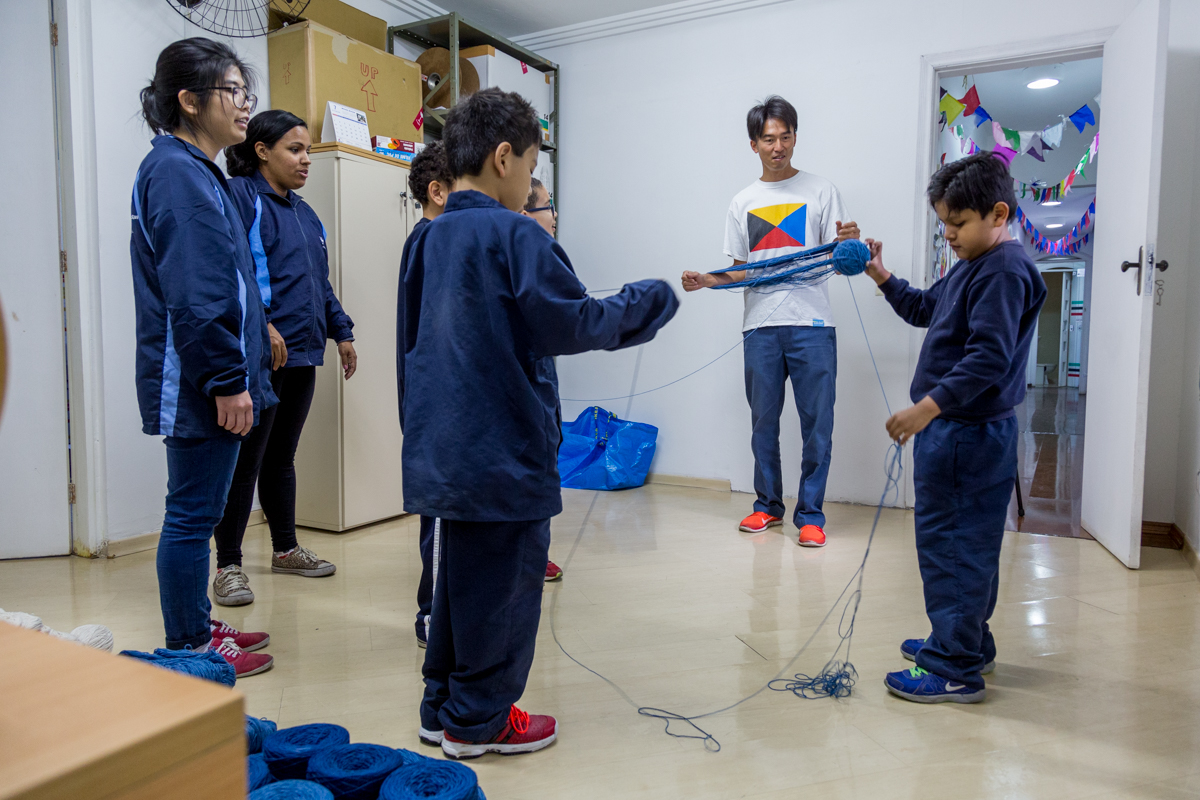
Picture provided by: Tokyo Metropolitan Government, Arts Council Tokyo
Photograph: RAFAEL SAKVADOR
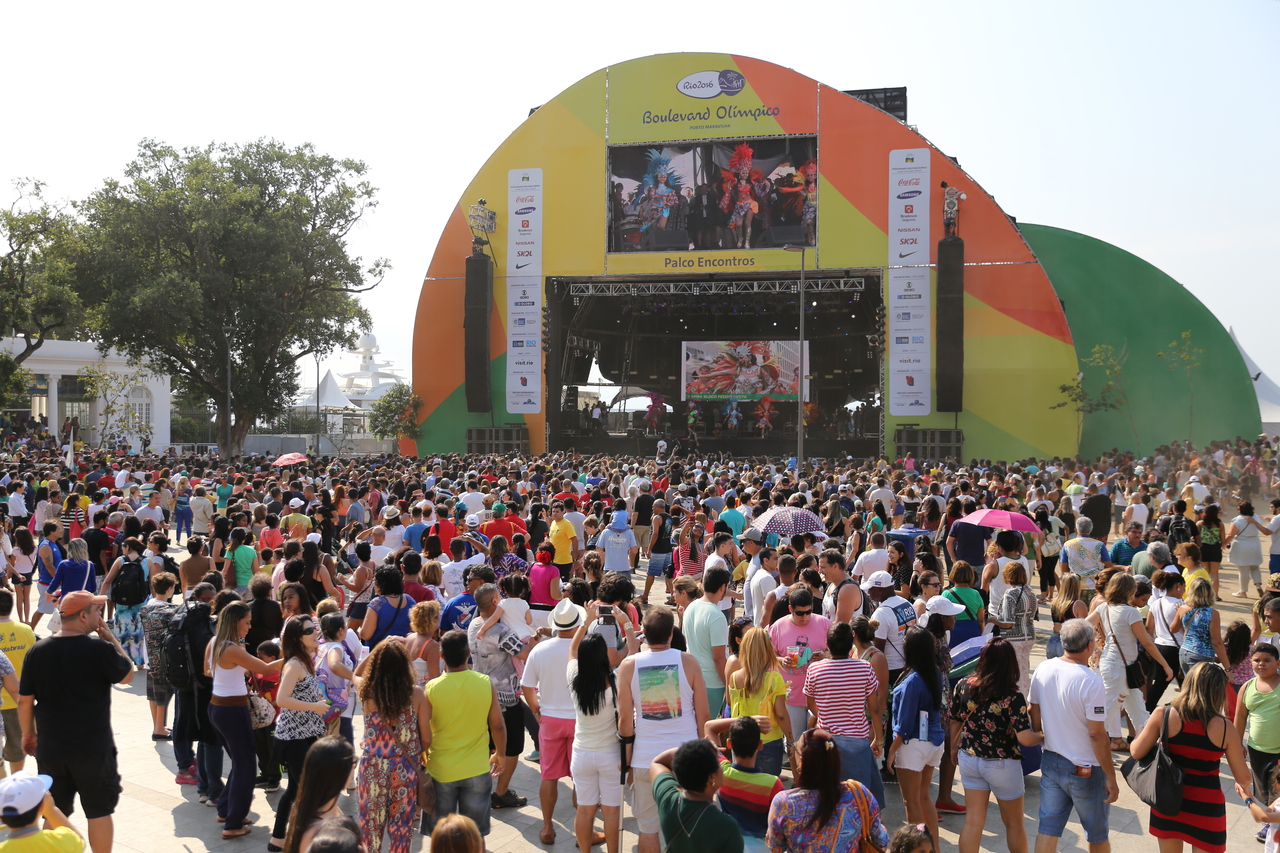
Picture provided by: Tokyo Metropolitan Government, Arts Council Tokyo
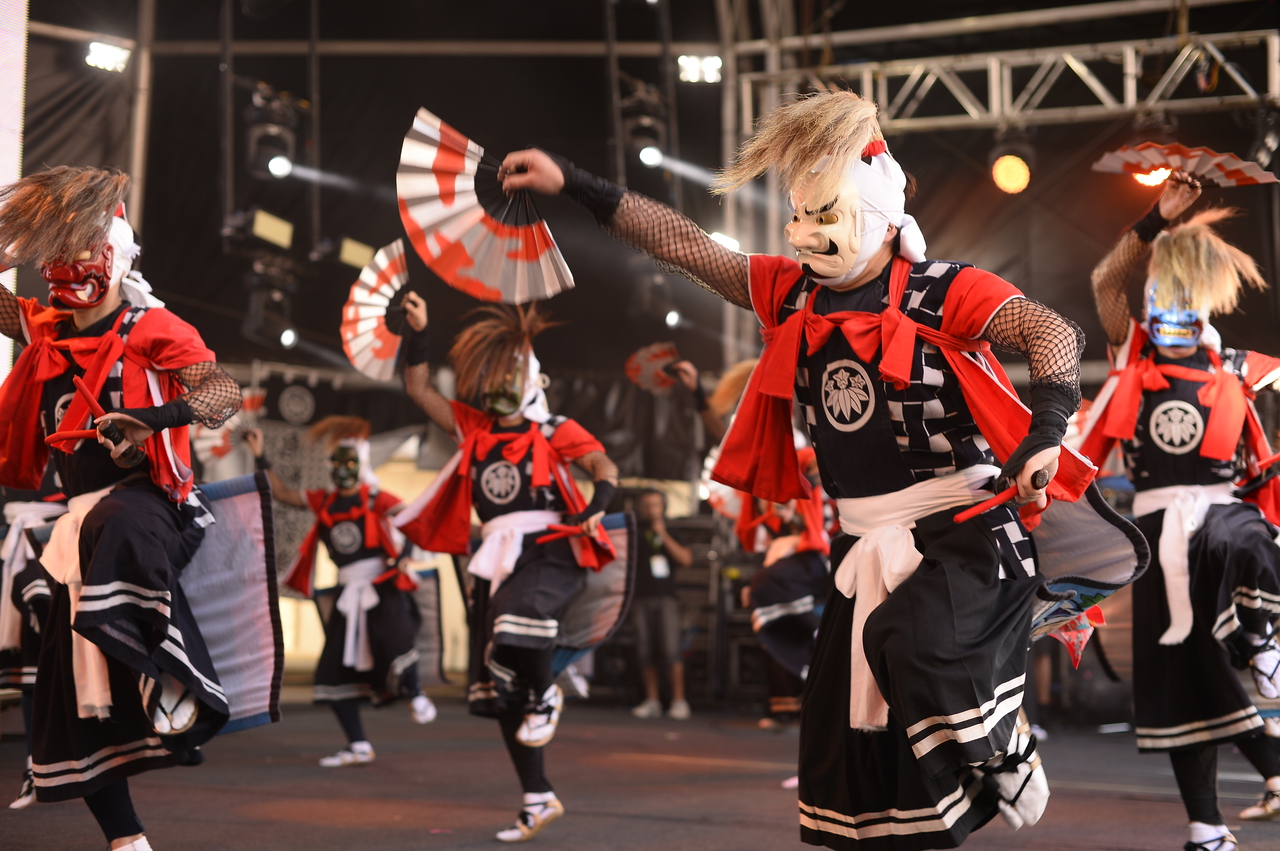
Picture provided by: Tokyo Metropolitan Government, Arts Council Tokyo
The Tokyo Metropolitan Government has come up with 5 pillars as a policy for cultural programmes: "Promote projects that incorporating new inspiration of various groups", "Promote international interactions and strengthen international information transmission power", "Improve the attractiveness of 'All-Japan' through collaboration between Tokyo and every region of Japan", and "Support art organizations by collaborating with various sectors and create opportunities as an art festival". There are plans to develop different kinds of projects as "Tokyo Cultural Programmes" while involving existing projects of the Tokyo Metropolitan Government or those of the Foundation.
From now on, many sectors – not only the Tokyo Metropolitan Government but also the National government, local governments, sponsor companies and business groups – are going to be actively carrying out these cultural programs. Looking at these various movements toward 2020 , I feel that the cultural programs have two directions in their development: a linear development, and an exponential development in viewing these coming 4 years and beyond. One direction creates a quantitative impact by taking in existing projects and events as cultural programs, developing more projects, and having many people participate. Another looks for challenges that can draw out new cultural attractions or an unknown number of impacts that will drive the future, looking at the future beyond 2020 on this occasion.
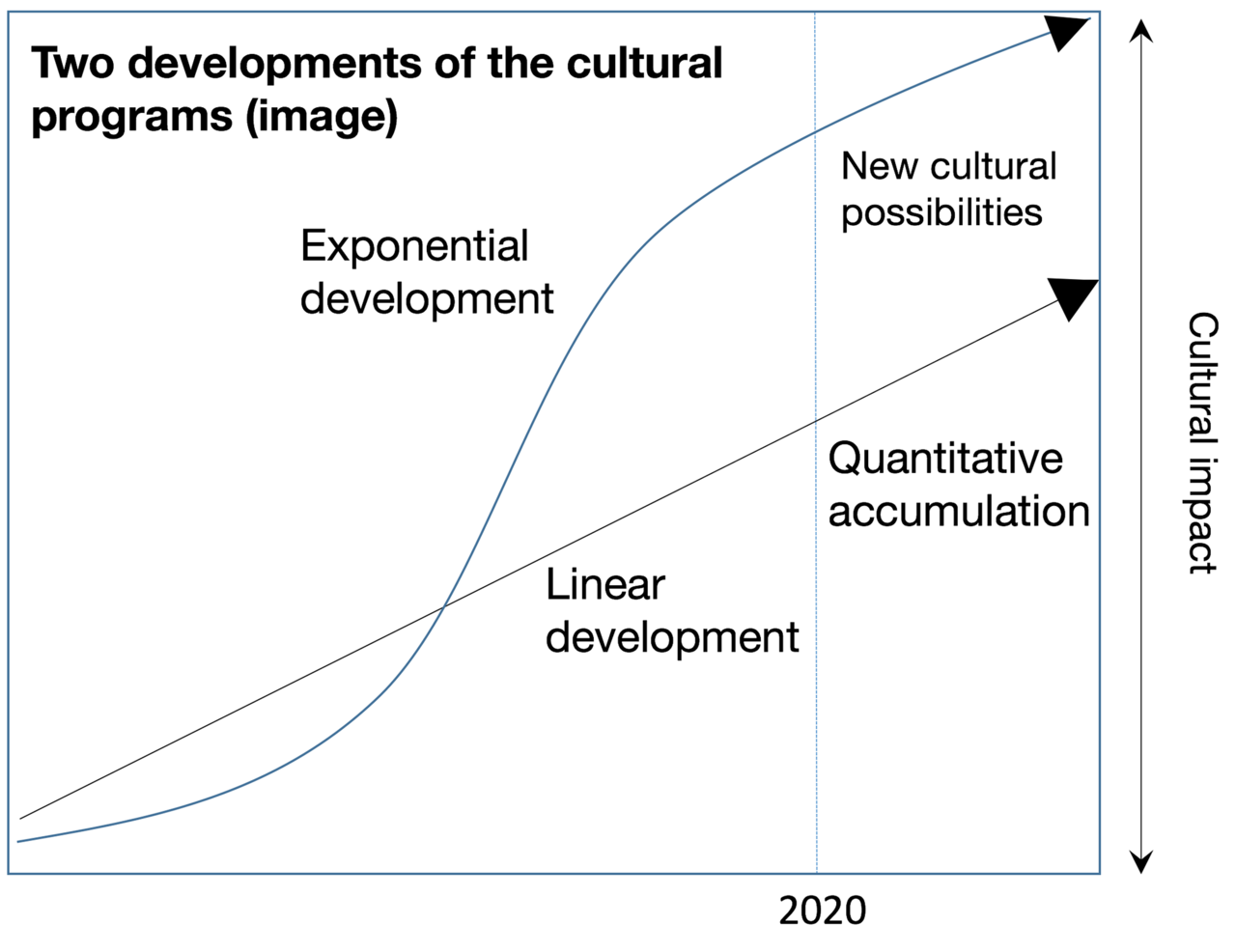
It is important to create new values and fresh impressions for many people with quantitative impact, and also important is the challenge of pursuing new possibilities through the cultural programs, such as proposals for improvement of creative environments and how artistic culture should be interacting with society. The Olympic and Paralympic Cultural Programme must be in line with both key points. The Arts Council Tokyo launched a supporting programme for large-scale projects, namely the " Tokyo Cultural Program Grant", in order to be able to promote cultural programs to more people this year, in expectation of people's vitality and a ripple effect. Following on from this, starting from the next fiscal year, there will be launches of support that makes young creators and citizens enable to participate and leads to cultivation talented people, as well as projects that can pick up new sensitivity.
With festive projects that contribute to the festival of the century, the Olympic and Paralympic Games, we definitely hope to ensure that various sectors promoting cultural programs will lead to a new richness of life and will become of change in the city while paying attention to something that we are losing in daily life without knowing it: buried values, and new creation being born at the side.



